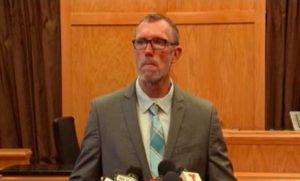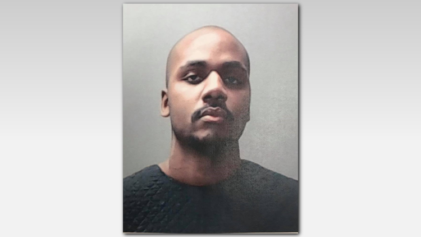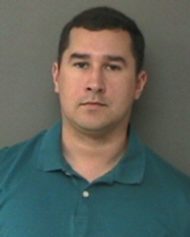A Waller County prosecutor has confirmed the coroner’s report which claims Sandra Bland committed suicide. CNN reported prosecutor Warren Diepraam said the autopsy didn’t show Bland had any defensive wounds, which would have indicated she had been in a violent struggle. Bland was found dead in her cell three days after she was arrested during a traffic stop.
“Bland—a Black woman whose arrest and, days later, death in custody stirred anger nationwide— did not have injuries on her hands. Defensive injuries there are typical, though not always found, in cases of violent homicide,” Diepraam said, as reported by CNN. “There were no bite marks or other injuries on her face, on her lips, on her tongue, which would be consistent with a violent struggle.”
Diepraam also said the autopsy showed Bland had about 30 cut marks on her left wrist. The lacerations and cuts on her wrists were consistent with someone who had struggled against being handcuffed. She had marks on her shoulder blade, which indicated someone had applied force there.
According to Diepraam, the autopsy found Bland had marijuana in her system. However, there were some inconsistencies in the autopsy report. Bland filled out an intake form indicating she suffered from depression and had attempted suicide in the past, after losing a baby. But in a computer generated report, she said she didn’t suffer from depression and had not attempted to commit suicide.
A prisoner, who was being held in an adjacent cell, said Bland was despondent. Her bail was set at $5,000.
“The woman said Bland wasn’t eating, and was emotional, and often crying during her three days in the jail. She was also stressed about missing her first day of work at her new job,” Alexandria Pyle said, according to CNN. “She found out her bond was $5,000, and no one— she was calling and calling— and no one was answering, and then after that she just broke down. She was crying and crying.”
In a voice mail obtained by ABC 13 in Texas, Bland struggles to understand how she came to be sitting in jail over a traffic stop.
“I’m still just at a loss for words, honestly, about this whole process,” she said. “How did switching lanes with no signal turn into all of this? I don’t even know.”
Diepraam told CNN’s Erin Burnett that although the autopsy provided “overwhelming evidence” Bland had committed suicide, the case was not closed.
“I feel comfortable that their findings are correct, but there’s still a lot of information out there so we’re not forming any conclusions at this point,” Diepraam said. “Nothing is certain.”
However, Bland’s family doesn’t accept the official report and insists she would not have killed herself. Sharon Cooper, Bland’s sister, said the conflicting information in official statements only raised more questions.
“I have a hard time dealing with inconsistency and that seems to have been the theme over the last couple of days here,” said Cooper.
Theresa Dear, minister of Dupage AME Church which Bland attended while she was growing up in Chicago, Ill., said the fact Bland was trying to raise bail money and looking forward to starting her new job, indicated she wasn’t thinking of ending her life.
“How could someone go from a place of being excited about the future to now wanting to take their own life?” Dear told CNN. ‘We, as a family and a community who love Sandra Bland, do not accept … this narrative that the Texas authorities are putting in the media that she had suicidal tendencies.”
Local activist and former Waller County judge DeWayne Charleston places the blame on Waller County Sheriff R. Glenn Smith’s department for failing to keep Bland safe.
“Maybe they didn’t have information about her mental state—it doesn’t matter,” said Charleston. “She was in [Smith’s] care, custody and control, and he bears responsibility.”
A report by the Texas Commission on Jail Standards found the Waller County Sheriff’s Office had violated jail standards by leaving Bland unattended for almost two hours. Jail officials are supposed to perform hourly checks on prisoners. The report also said county officials could not provide evidence showing jail staff had participated in two hours of mental health training required as part of their Mental Disabilities/Suicide Prevention Plan.




